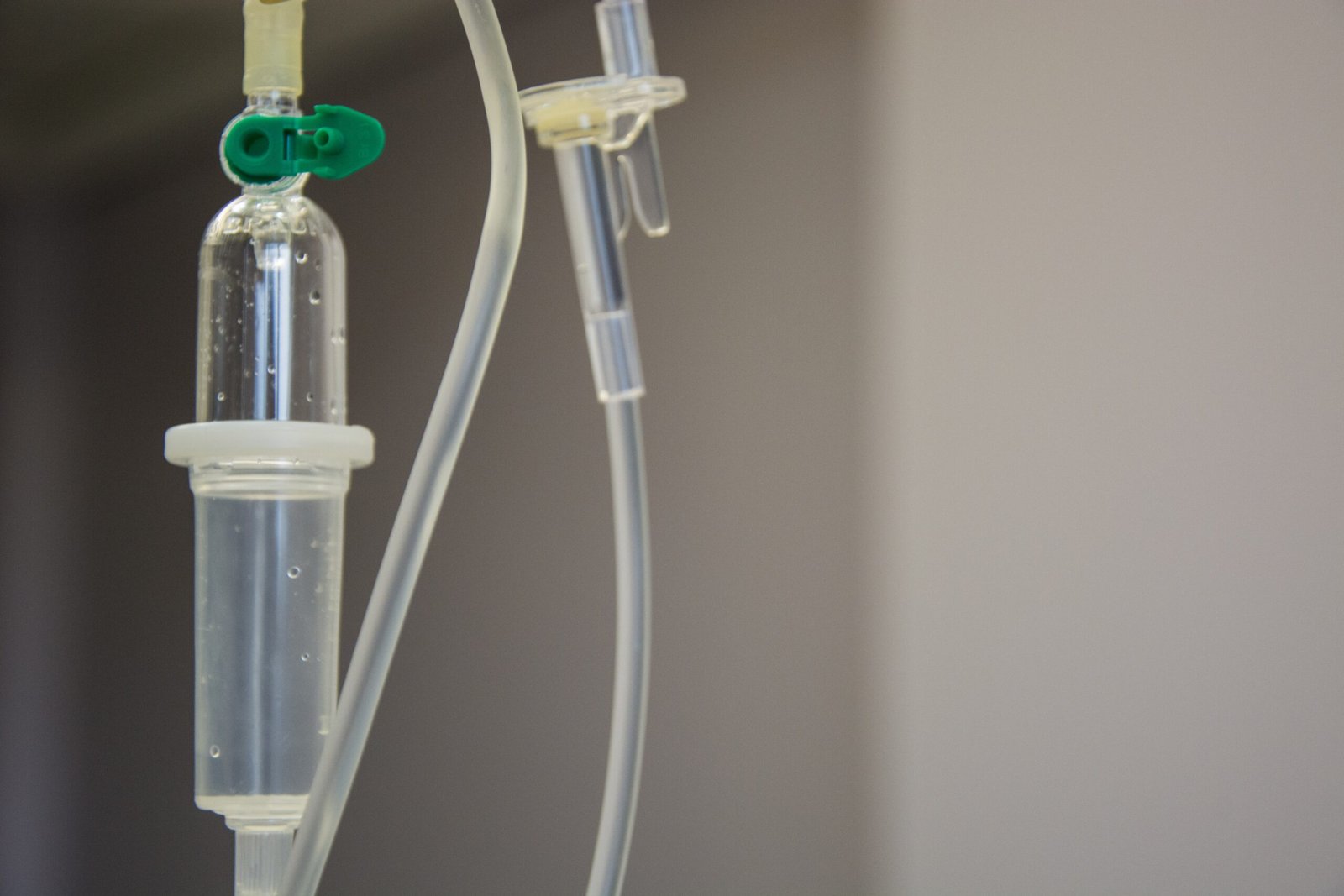Are you an athlete looking to optimize your performance and fuel your body with the right nutrients? Look no further. In this article, we will explore the best diet for athletes and delve into the specific foods and nutrition principles that can help you reach your peak. From pre-workout meals to post-workout recovery, we’ve got you covered with all the essential information you need to elevate your game and achieve your athletic goals. So, let’s dive into the world of sports nutrition and discover the keys to a winning diet for athletes like you.

This image is property of images.unsplash.com.
Importance of a Proper Diet for Athletes
As an athlete, maintaining a proper diet is crucial for your performance, recovery, and overall well-being. A well-balanced diet provides you with the necessary energy and fuel to power through your workouts and competitions. It also enhances your performance, allowing you to reach your full potential. Additionally, a proper diet supports your recovery, helping your body to repair and rebuild after intense physical activity. In order to optimize your athletic performance, it is important to pay attention to both macronutrients and micronutrients in your diet and to ensure that you stay hydrated throughout the day.
Macronutrients for Athletes
Carbohydrates
Carbohydrates are a primary source of energy for athletes. They are broken down into glucose, which is then used by your body for fuel during exercise. As an athlete, you should aim to consume complex carbohydrates such as whole grains, fruits, and vegetables, as they provide a sustained release of energy. Simple carbohydrates, such as those found in sugary snacks and drinks, can provide a quick burst of energy but may lead to a crash later on. It is important to include carbohydrates in your diet to ensure that your muscles have enough glycogen to fuel your workouts.
Proteins
Proteins are essential for muscle growth and repair. They provide the building blocks for your muscles, helping them to recover and become stronger after exercise. As an athlete, you should aim to include lean sources of protein in your diet, such as chicken, fish, tofu, and legumes. These foods provide high-quality protein without excessive amounts of saturated fat. Consuming protein after a workout can help to initiate the muscle recovery process and optimize your gains.
Fats
While often demonized, fats are an important part of any athlete’s diet. They provide a concentrated source of energy and help to support various bodily functions. Healthy sources of fats include avocados, nuts, seeds, and olive oil. It is important to choose unsaturated fats over saturated fats whenever possible. Including a moderate amount of healthy fats in your diet can help to enhance your athletic performance and maintain overall health.

This image is property of images.unsplash.com.
Micronutrients for Athletes
Vitamins
Vitamins play a crucial role in your body’s ability to perform at its best. They are involved in various metabolic processes and help to support overall health. As an athlete, it is important to consume a variety of fruits, vegetables, and whole grains to ensure that you are getting an adequate amount of vitamins in your diet. Some vitamins that are especially important for athletes include vitamin C, which supports immune function, and vitamin D, which plays a role in bone health.
Minerals
Minerals are essential for numerous bodily functions and are important for athletes in particular. They help to maintain proper muscle and nerve function, support hydration, and are involved in energy metabolism. Key minerals for athletes include calcium, iron, and magnesium. Calcium is important for bone health, iron is necessary for the transport of oxygen, and magnesium is involved in energy production. Including a variety of foods such as dairy products, lean meats, and leafy greens in your diet can help to ensure that you are meeting your mineral needs.
Hydration and Fluid Intake
Proper hydration is crucial for athletes, as even mild dehydration can significantly impair performance. Water is involved in numerous bodily processes, including the transportation of nutrients, regulation of body temperature, and lubrication of joints. It is important to develop optimal hydration strategies that suit your activity level and climate. Remember to drink fluids regularly throughout the day, and always hydrate before, during, and after exercise. Electrolyte balance is also important for proper hydration, as electrolytes help to maintain fluid balance in the body. Consuming sports drinks or incorporating electrolyte-rich foods, such as bananas or coconut water, can help to ensure that you maintain electrolyte balance during exercise.

This image is property of images.unsplash.com.
Pre-Workout Nutrition
Timing of Pre-Workout Meal
Fueling your body before a workout is crucial to ensure that you have enough energy to perform at your best. Ideally, you should consume a meal or snack containing carbohydrates and a moderate amount of protein about 1 to 3 hours prior to your workout. This allows your body to digest and absorb the nutrients, providing you with sustained energy throughout your workout.
Energy Source Options
When it comes to pre-workout nutrition, carbohydrates should be your main focus. They provide the necessary energy to fuel your muscles during exercise. Opt for complex carbohydrates such as whole grain bread, oats, or sweet potatoes. Including a small amount of protein can also help to support muscle recovery, so consider adding some lean sources such as Greek yogurt or a protein shake to your pre-workout meal.
Supplementation Considerations
While it is always best to obtain nutrients from whole foods, some athletes may benefit from certain supplements to support their training. However, it is important to consult with a healthcare professional or a registered dietitian before starting any new supplement regimen. Common supplements that athletes may consider include creatine for enhanced strength and power, beta-alanine for increased endurance, and caffeine for improved focus and alertness.
Fueling During Exercise
Carbohydrate Intake
During prolonged or intense exercise, it may be necessary to consume additional carbohydrates to maintain energy levels. This is especially true for endurance athletes who are participating in events lasting longer than 90 minutes. Consuming carbohydrate-rich snacks or drinks during exercise can help to provide a steady source of energy and delay fatigue. Opt for easily digestible carbohydrates such as energy gels, sports drinks, or bananas.
Hydration Strategies
Staying hydrated during exercise is just as important as consuming carbohydrates. Be sure to drink fluids regularly throughout your workouts or competitions, especially in hot or humid environments. Aim to consume approximately 150-350ml of fluids every 15-20 minutes during exercise to help maintain hydration levels. Water is usually sufficient for shorter workouts, but for longer sessions, you may need to consider electrolyte-rich sports drinks to replenish lost electrolytes.
Post-Workout Nutrition
Timing of Post-Workout Meal
The post-workout period is crucial for recovery, as it is when your body’s muscles are most receptive to nutrients. Aim to consume a meal or snack containing both carbohydrates and protein within 30 minutes to an hour after your workout. This helps to replenish glycogen stores, promote muscle repair, and kickstart the recovery process.
Protein Requirements and Sources
Protein plays a vital role in post-workout nutrition. Consuming an adequate amount of protein after exercise helps to repair and rebuild your muscles. Aim for around 20-30 grams of high-quality protein from sources such as lean meat, poultry, fish, eggs, or plant-based options like tofu or legumes. Including some carbohydrates alongside protein can help to further optimize muscle recovery and replenish glycogen stores.
Replenishing Muscle Glycogen
During exercise, your body utilizes glycogen stores for fuel. To facilitate recovery, it is important to replenish these glycogen stores after a workout. Consuming carbohydrates in the post-workout meal helps to replenish glycogen levels, providing your body with energy for your next training session. Opt for carbohydrate-rich foods such as whole grains, fruits, or starchy vegetables to support glycogen replenishment.
Weight Management for Athletes
Energy Balance
Maintaining a healthy weight is important for optimal performance as an athlete. To achieve this, it is necessary to ensure that your energy intake matches your energy expenditure. This is known as energy balance. Consuming the appropriate amount of calories to support your activity level and goals is crucial. Consult with a registered dietitian to determine your specific energy needs and to develop a personalized nutrition plan.
Body Composition Goals
Many athletes have specific body composition goals to maximize their performance. Whether you are focusing on muscle gain or fat loss, it is important to approach these goals in a healthy and sustainable manner. Aim to gradually and consistently make changes to your nutrition and training program to achieve your desired body composition. It is important to remember that drastic changes in body weight can have negative effects on performance and overall health.
High-Performance Weight Loss
If you are an athlete that needs to lose weight while maintaining high performance, it is important to approach weight loss carefully. Rapid or extreme weight loss can lead to muscle loss, reduced energy levels, and impaired recovery. To achieve sustainable weight loss, consult with a registered dietitian who can help you create a nutrition plan that supports your training while promoting gradual, healthy weight loss.
Special Considerations for Endurance Athletes
Carbohydrate Loading
Carbohydrate loading is a strategy often used by endurance athletes leading up to a competition to maximize glycogen stores. This involves increasing carbohydrate intake in the days leading up to the event. By doing so, you can ensure that your muscles are fully fueled and ready to perform at their best. Consult with a registered dietitian to develop a carbohydrate loading plan that suits your specific needs and training schedule.
Fueling During Prolonged Events
During long endurance events, it is important to replenish carbohydrates and stay hydrated to maintain energy levels. Consuming easily digestible carbohydrates in the form of energy gels, sports drinks, or even small snacks can help to provide a continuous source of fuel. Additionally, maintaining proper hydration by regularly drinking fluids is crucial to avoid dehydration and fatigue. Experimenting with different fueling strategies during training can help you determine what works best for you during prolonged events.
Special Considerations for Strength Athletes
Protein Needs for Muscle Growth
Strength athletes, such as weightlifters or bodybuilders, have higher protein requirements to support muscle growth and repair. Aim to consume around 1.6-2.2 grams of protein per kilogram of body weight per day to ensure optimal muscle protein synthesis. Include high-quality protein sources such as lean meats, fish, eggs, and dairy products in your diet to meet these needs.
Nutrient Timing for Strength Gains
In addition to meeting your increased protein needs, nutrient timing can also play a role in maximizing strength gains. Consuming a meal or snack containing protein and carbohydrates within a few hours of your strength training session can help to support muscle recovery and promote muscle growth. Additionally, spreading your protein intake evenly throughout the day can optimize muscle protein synthesis. Consult with a registered dietitian to develop a nutrient timing plan that aligns with your strength training goals.
In conclusion, maintaining a proper diet is of utmost importance for athletes. By providing the necessary energy and fuel, enhancing performance, and supporting recovery, a well-balanced diet can optimize your athletic capabilities. Incorporating macronutrients such as carbohydrates, proteins, and fats, as well as ensuring adequate intake of micronutrients, vitamins, and minerals, is crucial for your overall health and well-being. Staying properly hydrated and considering pre, during, and post-workout nutrition are also essential for optimized results. Additionally, understanding specific considerations for endurance athletes, such as carbohydrate loading and fueling during prolonged events, or for strength athletes, such as increased protein needs and nutrient timing for strength gains, can further enhance performance and results. Remember to consult with a registered dietitian to tailor a nutrition plan that meets your individual needs and goals as an athlete. With a proper diet and nutrition plan, you can fuel your body for success and reach new heights in your athletic endeavors.
